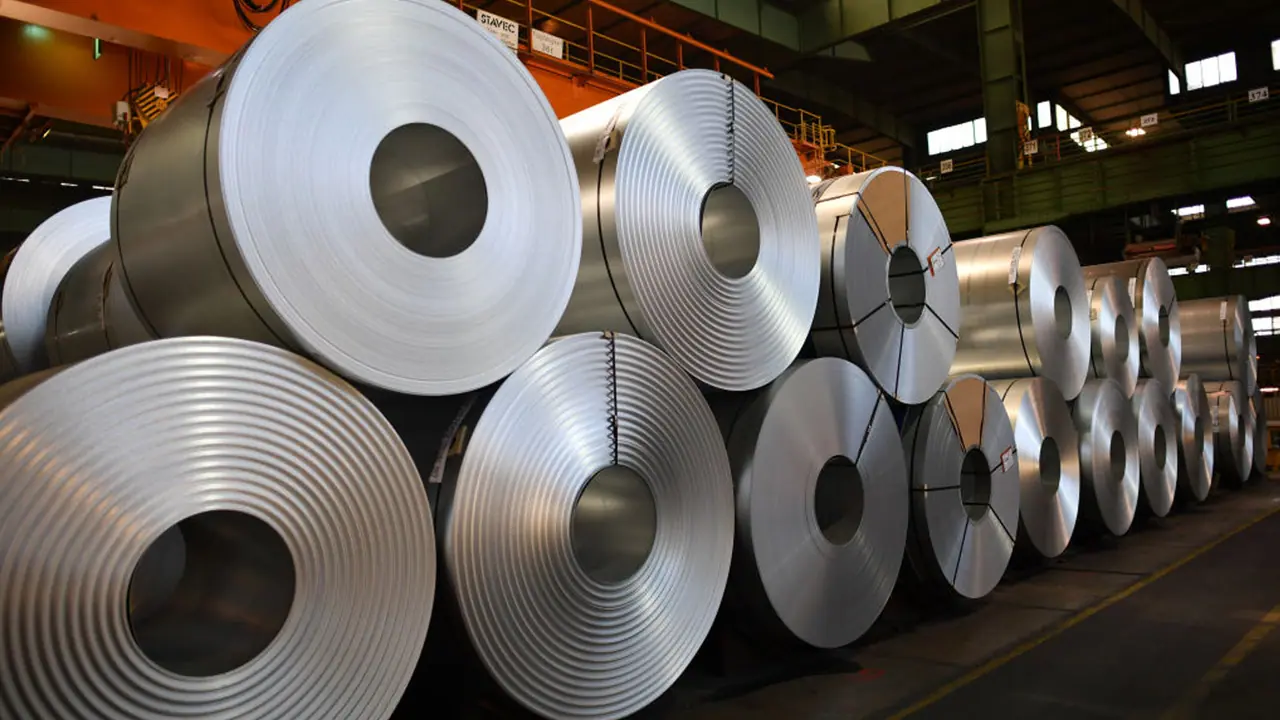In its anti-dumping investigation, the DGTR stated that dumped imports of 'straight length bars and rods of alloy steel' from China have increased in absolute terms during the period of probe (2016-17)
New Delhi: The Indian government has imposed anti-dumping duties of up to $185.51 per tonne on certain varieties of Chinese steel to guard domestic players from cheap imports.
The duties have been imposed based on the recommendations of the Directorate General of Trade Remedies (DGTR).
Companies such as JSW Steel Ltd, Sunflag Iron & Steel Co, Usha Martin, Gerdau Steel India, Vardhman Special Steels and Jayaswal Neco Industries Ltd had jointly filed an application before DGTR for initiation of investigations and levying of anti-dumping duties on some steel products.
In its anti-dumping investigation, the DGTR stated that dumped imports of 'straight length bars and rods of alloy steel' from China have increased in absolute terms during the period of the probe (2016-17).
While recommending the anti-dumping duty, DGTR said the goods have been exported to India from China below normal value and the domestic industry has suffered the material injury on account of the imports.
The duty has been imposed in the range of $44.89 to $185.51 per tonne on import of 'Alloy bars and rods in straight length, whether or not hot rolled, hot drawn, cold drawn, cold extruded, peeled bar, surface machined, polished, bright bar, forged'.
"The anti-dumping duty ... shall be effective for a period of five years (unless revoked, superseded or amended earlier) from the date of publication of this notification in the Official Gazette and shall be paid in Indian currency," the notification said.
The product finds end use application across various segments and sectors including forging, automobiles, auto components, crank shaft, springs, gears, fasteners, cement plants, power plants, turbines, ship-building, and railways, among others.
Imports of straight length bars and rods of alloy steel from China have increased to 1,80,959 tonnes in 2016-17 from 56,690 tonnes in 2013-14. India's total imports rose to 2,56,004 tonnes in 2016-17 from 1,32,933 tonnes in 2013-14. The demand of this steel in India too increased to 16,69,653 tonnes in 2016-17 from 15,14,795 tonnes in 2013-14.
Domestic steel manufacturers always flag concerns over the imports from the neighbouring country, with which India has a huge trade deficit.
The trade gap with China has increased to $63.12 billion in 2017-18 from $51.11 billion in the previous financial year.
In general, the purpose of anti-dumping duty is to eliminate injury caused to the domestic industry by the unfair trade practices of dumping so as to re-establish a situation of open and fair competition in the Indian market, which is in the interest of the country.
The bilateral trade between two Asian heavyweights reached the highest point in March 2018 with volume touching $84.44 billion in 2017. This was well above the $71.18 billion registered in 2016.
In the past, India had a trade surplus around 2003-05. Our dependence on China for products was less than 10% in 2005. India exported goods worth $10 billion to China in 2005 and shipped goods worth $12 billion in 2017-18. But during 2005-18, imports from China zoomed and New Delhi’s trade surplus turned into a deficit of more than $50 billion.
The bilateral import-export ratio (IER) in respect of China confirms the low export story. India’s import-export ratio (IER) in the trade with China is a high 5.8 (India’s exports to China is $12.5 billion; India’s imports from China is $72 billion).
(With agency inputs)
